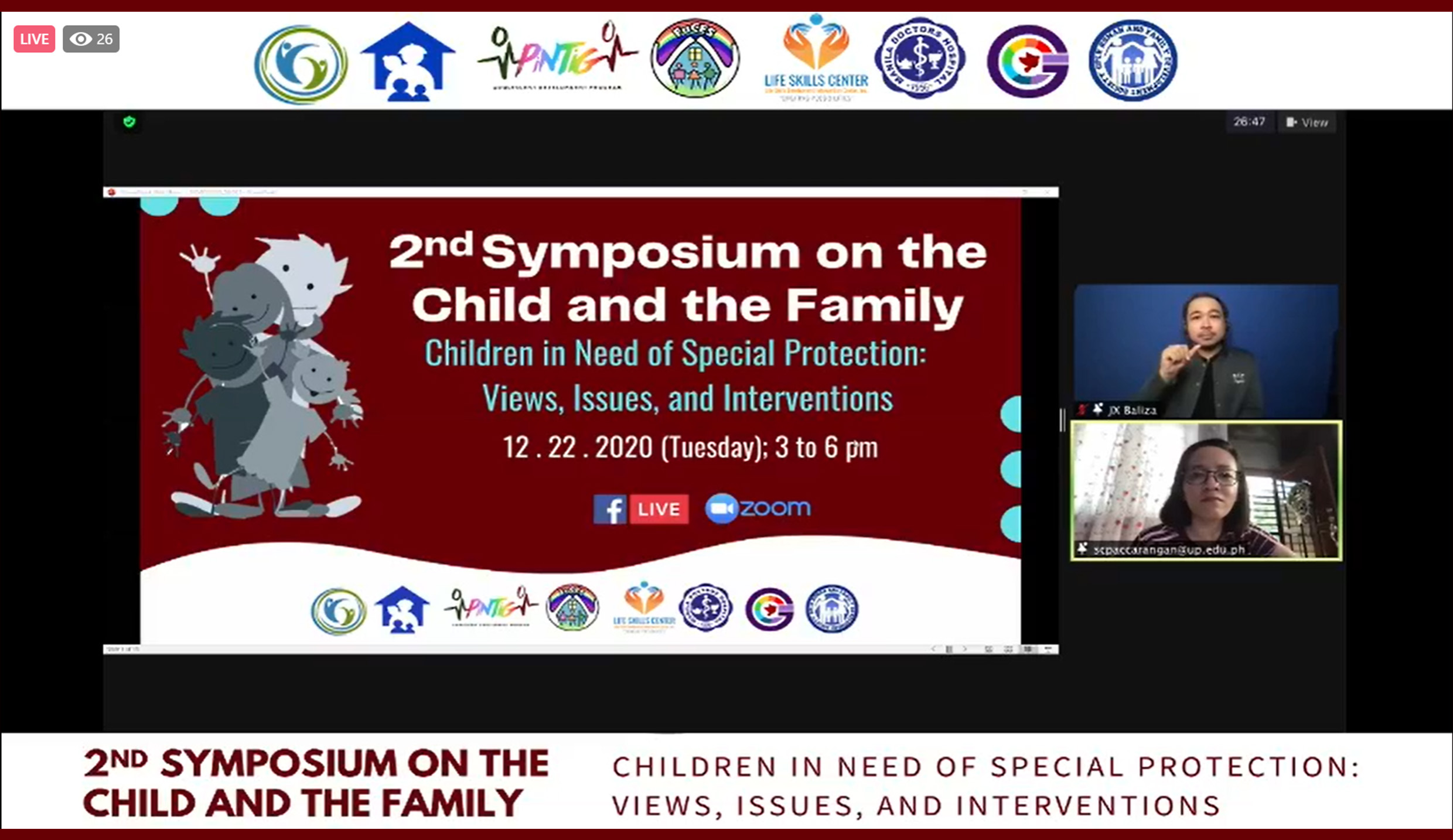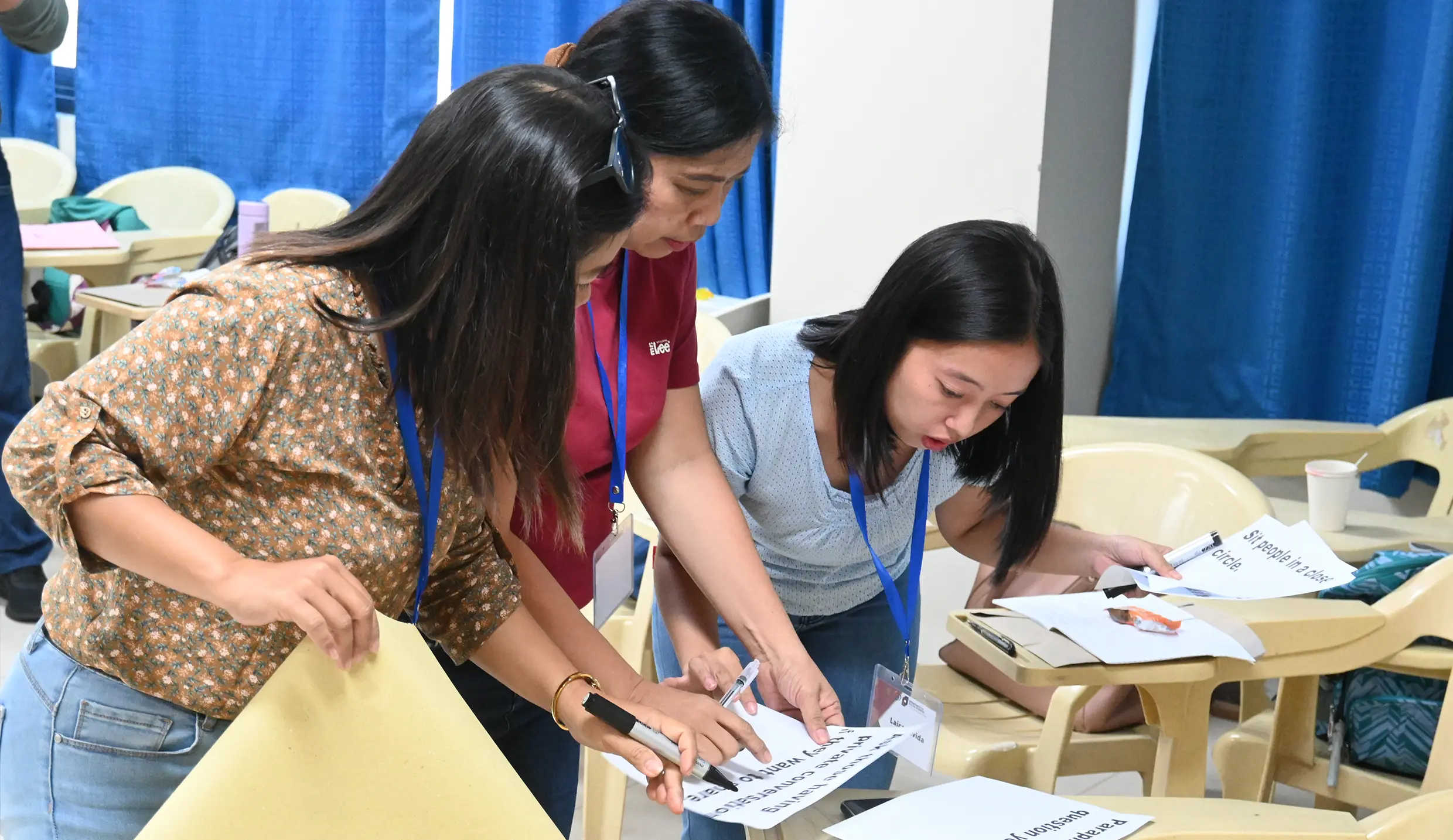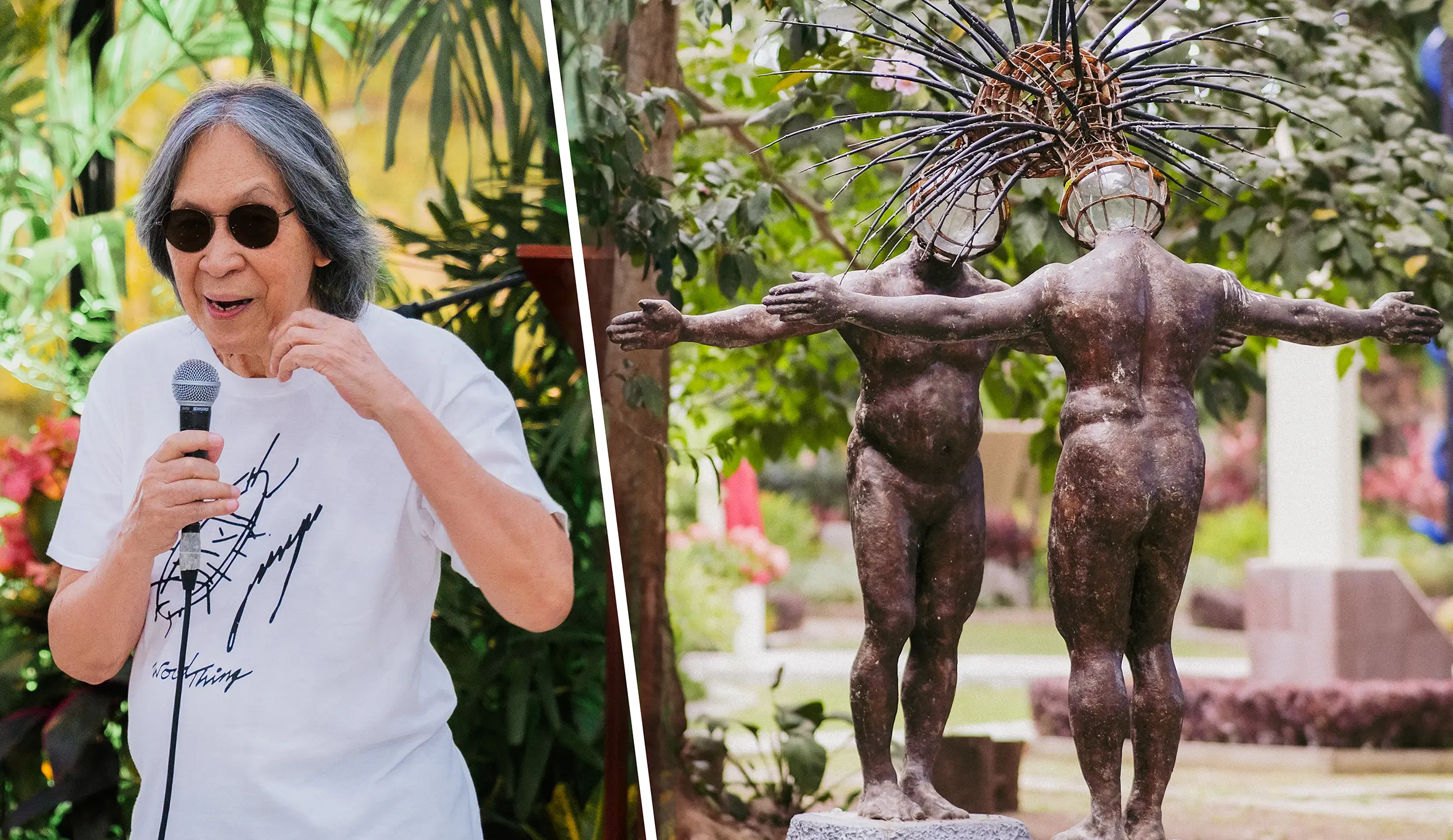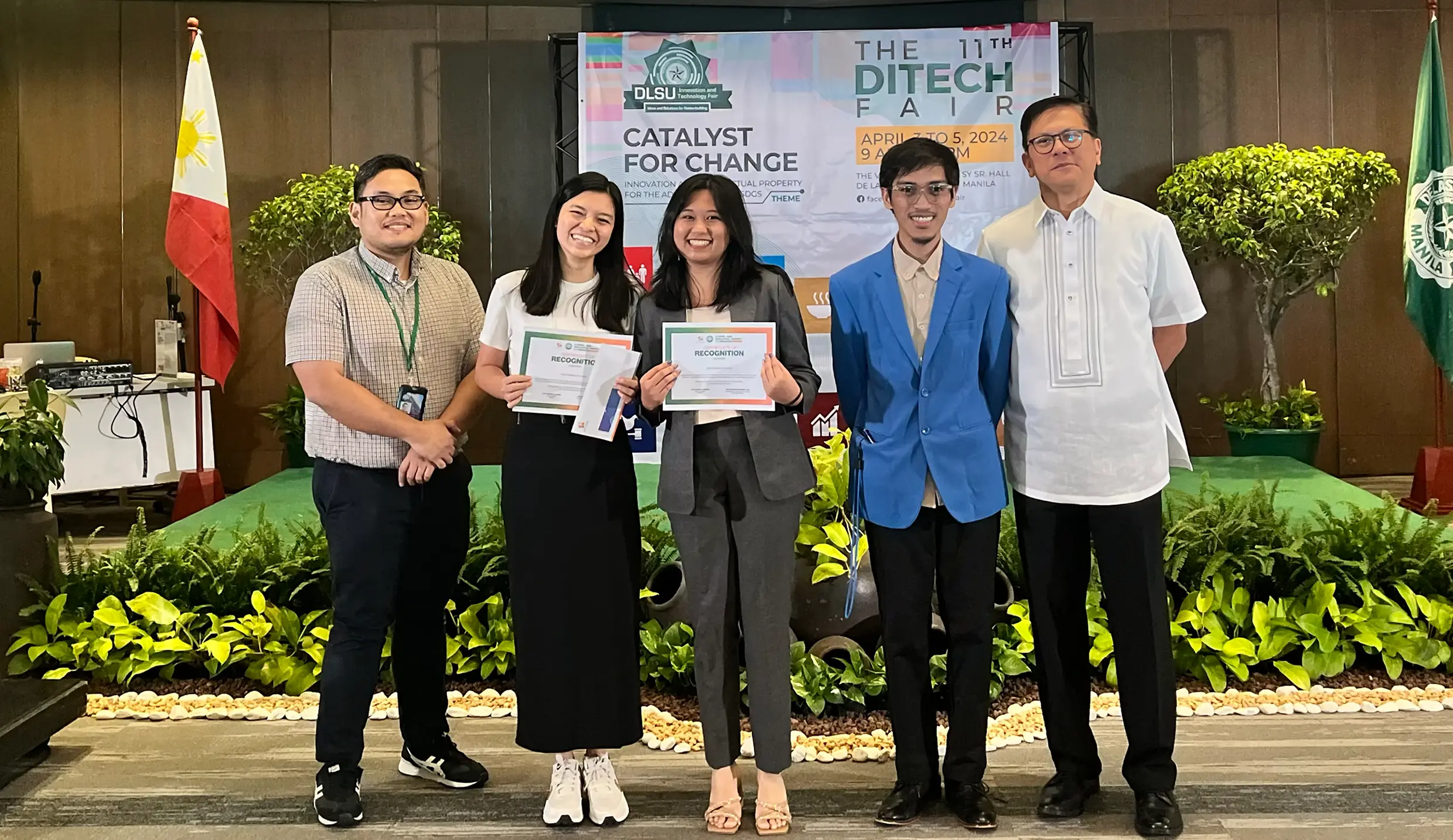
The Department of Human and Family Development Studies (DHFDS) at the College of Human Ecology (CHE) held its 2nd Symposium on the Child and the Family on Dec. 22 with the theme “Children in need of special protection: Views, Issues, and Interventions.”
The online symposium featured Dandin Espina, a child protection specialist and rights advocate, Charmaine Mariscotes, president of the Life Skills Development Intervention Center, Inc., and Lea Rojo Gracilla, principal of the Cagayan Center for Special Students and Learners, Inc.
Espina discussed children’s rights and shared about the plight that children experience during emergency and disaster events, based on his experience while working among the urban and rural poor.
He said that children’s rights are grouped mainly into survival rights, development rights, protection rights, and participation rights. These ensure children’s right to life and existence and the right to education, play, and culture. These also protect children against forms of abuse and neglect, and in the criminal justice system and in employment, and allows them to express themselves and develop as participants in society.
Espina emphasized that rights should not be given as a reward and should be recognized regardless if children follow the law or people’s expectations.
He also discussed the rising cases of online sexual exploitation of children in the pandemic and the socio-ecological impacts of COVID-19 on children and their families leading to disruption of services and livelihood, limited access to education and community support services, and heightened risks to abuse, neglect, and violence.
The next talk given by Mariscotes was about recognizing children with exceptionalities based on observable behavior and descriptions, as a guide for children’s development and learning interventions.
Her discussion covered the most common exceptionalities, including deafness or hardness of hearing, blindness and those who have learning disability, intellectual disability, autism spectrum disorder, physical impairment, and attention deficit hyperactivity disorder (ADHD).
She said that these exceptionalities can make it hard for children to learn and function and that it is necessary to observe them so that they can be given proper assistance and interventions.
She encouraged the audience to remember these characteristics as a guide and put extra consideration when encountering children with these conditions in social situations.
She also called for better support for families who have children with special needs because they often face unique challenges due to their circumstances.
Gracilla led the last discussion about creating safe spaces for children with special needs. She said this is necessary to give children an environment where they can be themselves without fear of judgement or harm and to feel supported and respected in society.
She shared strategies in creating safe spaces, which revolved around creating a secure environment for children, being aware of the children’s condition and needs, encouraging feelings of acceptance, and facilitating an equitable education that supports the child’s unique needs and areas of development.
She also highlighted the following as necessary points in creating a safe environment for children: speaking with understanding and respect, providing opportunities for growth and independence, making services more open and accessible, and promoting collaborations and empowering students, families, schools and communities.
Grace Flores Osio, school administrator of IRRI School Los Baños, ended the symposium by encouraging the participants to become advocates for vulnerable children and to promote their well-being in homes, schools, and communities through various avenues available on social media and traditional media.
Nephtaly Botor, coordinator of the Pintig Adolescent Development and Psychosocial Support Program and one of the co-organizers of the symposium, said that holding the symposium has been a response to the issues faced by children and is meant to become a space to hold conversations about children’s safety.
He reiterated the symposium as a place where everyone can share their personal and professional experiences regarding children’s development, and highlighted the need to consider the uniqueness of each child when dealing with them and creating policies for their well-being. (Jessa Jael S. Arana)








